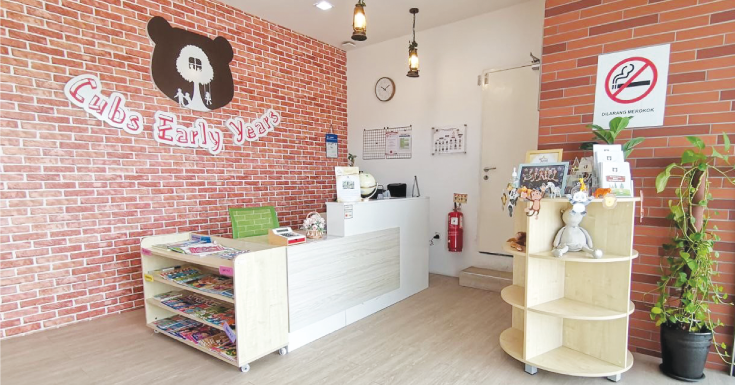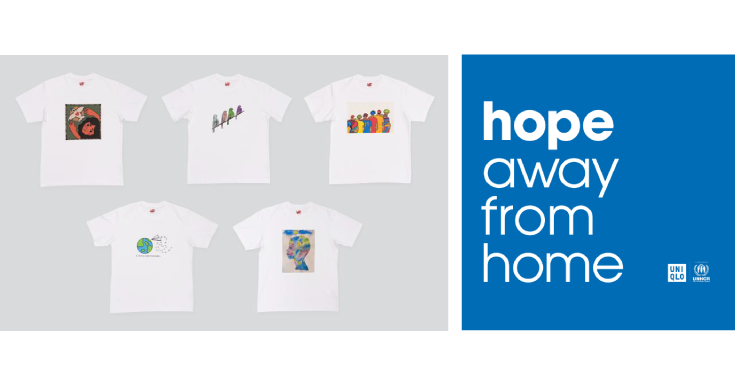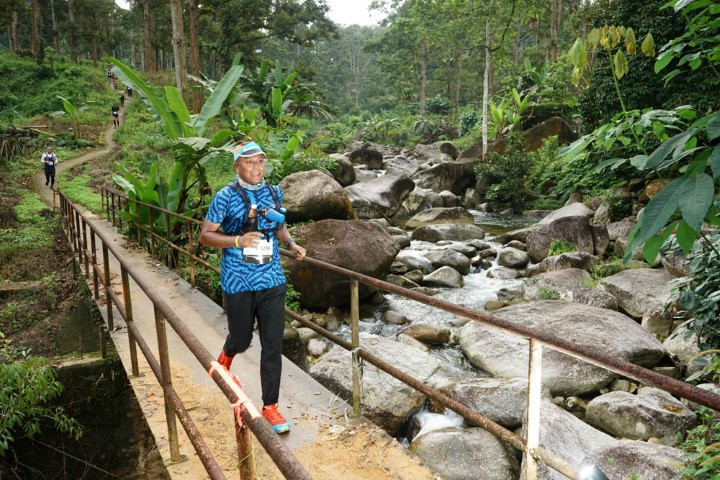Fostering Holistic Development: Bronfenbrenner-Inspired Approach at Cubs Early Years Elmina
Cubs Early Years Elmina has embraced Urie Bronfenbrenner’s Ecological Systems Theory as a guiding framework for their innovative approach to early childhood education. At the heart of this philosophy lies the belief that a child’s development is intricately intertwined with the surrounding environment. This perspective is evident in every facet of the Cubs Early Years programme, where a concerted effort is made to create an environment that nurtures and shapes young minds through a multifaceted lens.
Central to Bronfenbrenner’s theory is the idea that a child’s development is influenced by a series of interconnected systems, ranging from the immediate family to the broader social environment. Cubs Early Years Elmina underscores this by fostering a deep relationship between the child and the various layers of their environment – from self and family to the larger community. This comprehensive approach acknowledges the intricate interplay between these systems and their impact on a child’s growth.
Intriguingly, the Cubs Early Years programme goes beyond mere acknowledgment and actively promotes adaptability and exposure to diverse environments. By crafting learning experiences that encourage curiosity and exploration, the programme empowers children to engage with and navigate an ever-changing world. This mirrors Bronfenbrenner’s emphasis on the dynamic interaction between a child and their environment, where adaptability becomes a key factor in holistic development.
Language, as a cultural and cognitive cornerstone, is seamlessly integrated into the Cubs Early Years curriculum. Through lessons in three languages – Mathematics, Science, English, Bahasa Melayu, and Mandarin are integrated, thus allowing the child to understand how and what is learnt in class is also applied in all aspects of life. Further to this, children are immersed in a linguistically diverse environment. This aligns with Bronfenbrenner’s recognition of language as a vital medium through which a child comprehends and interacts with their surroundings.
Furthermore, the Cubs Early Years programme extends its reach beyond the classroom with the D Jungle Juniors Programme. This initiative ingeniously brings the outdoors inside, allowing children to intimately connect with nature. By fostering and understanding the natural world and the ability to adapt to various environments, Cubs Early Years Elmina reinforces Bronfenbrennear’s contention that interactions with nature play a pivotal role in development.
Integral to this holistic approach is the selection of teachers who embody qualities of nurturing, love, and responsibility. This echoes Bronfenbrenner’s concept of the microsystem, where immediate interactions with caregivers and educators significantly shape a child’s development. The carefully chosen educators become the bridge between the child and their environment, ensuring that the holistic principles of the Cubs Early Years philosophy are consistently upheld.

In essence, the Cubs Early Years Elmina programme aligns harmoniously with Urie Bronfenbrenner’s Ecological Systems Theory. Through its emphasis on adaptability, exposure to diverse experiences, multilingual education, nature incorporation, and nurturing teacher-student dynamics, the programme creates an ecosystem that resonates with the intricate tapestry of a child’s developmental journey.























Leave a comment